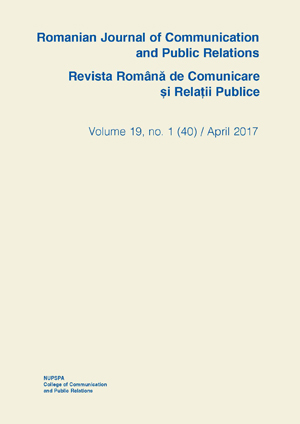Experience in Design and Learning Approaches –Enhancing the Framework for Experience
Experience in Design and Learning Approaches –Enhancing the Framework for Experience
Author(s): Merja BautersSubject(s): Theory of Communication, Phenomenology
Published by: Editura Comunicare.ro
Keywords: experience; qualitative immediacy; common ground; reflection; habit change
Summary/Abstract: In design and learning studies, an increasing amount of attention has been paid to experience. Many design approaches relate experience to embodiment and phenomenology. The growth in the number of applications that use the Internet of Things (IoT) has shifted human interactions from mobile devices and computers to tangible, material things. In education, the pressure to learn and update skills and knowledge, especially in work environments, has underlined the challenge of understanding how workers learn from reflection while working. These directions have been fuelled by research findings in the neurosciences, embodied cognition, the extended phenomenological–cognitive system and the role of emotions in decision-making and meaning making. The perspective on experience in different disciplines varies, and the aim is often to categorise experience. These approaches provide a worthwhile view of the importance of experience in learning and design, such as the recent emphasis on conceptual and epistemological knowledge creation. In pragmatism, experience plays a considerable role in research, art, communication and reflection. Therefore, I rely on Peirce’s communicative theory of signs and Dewey’s philosophy of experience to examine how experience is connected to reflection and therefore how it is necessarily tangible.
Journal: Revista Română de Comunicare şi Relaţii Publice
- Issue Year: 19/2017
- Issue No: 1
- Page Range: 51-68
- Page Count: 18
- Language: English

